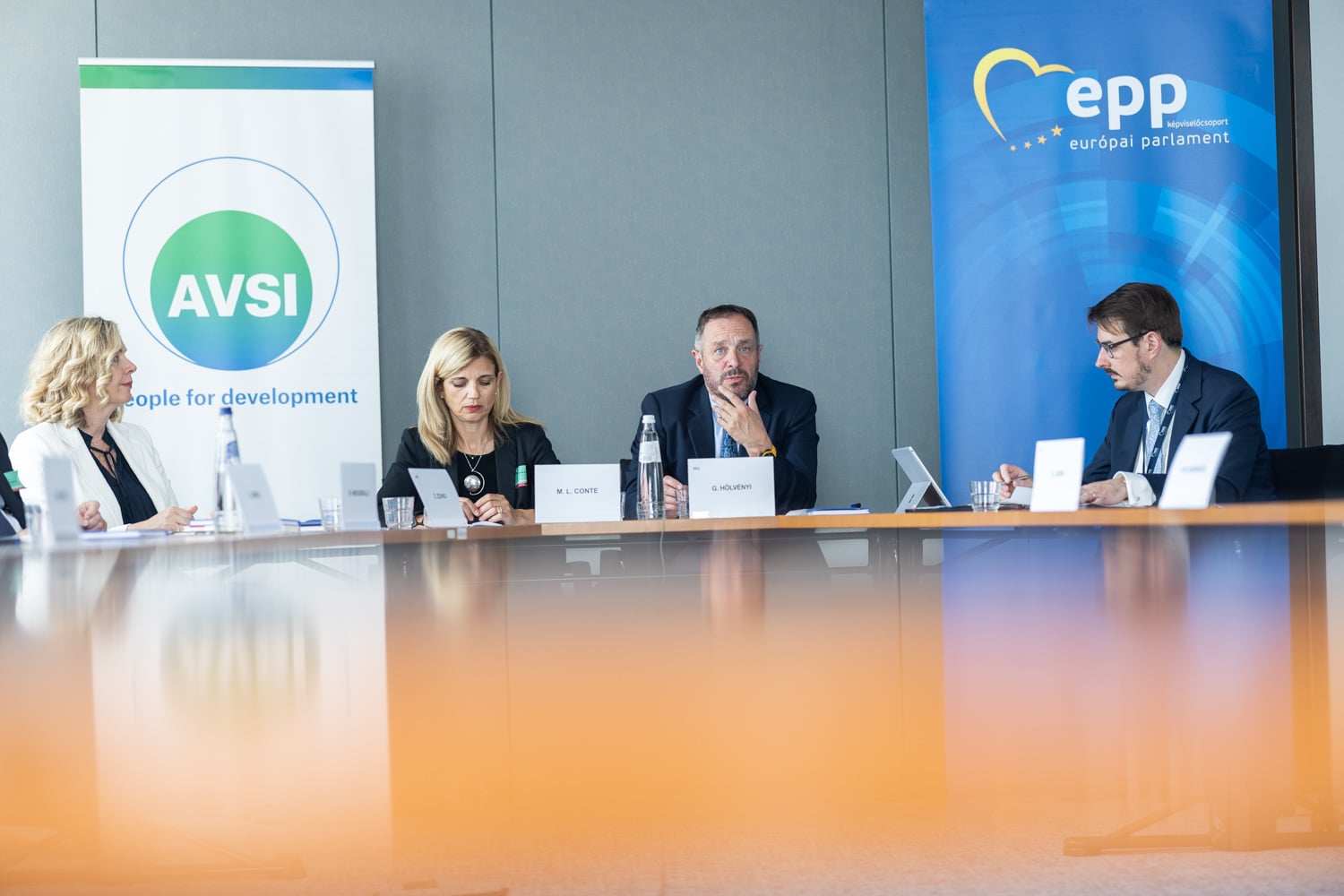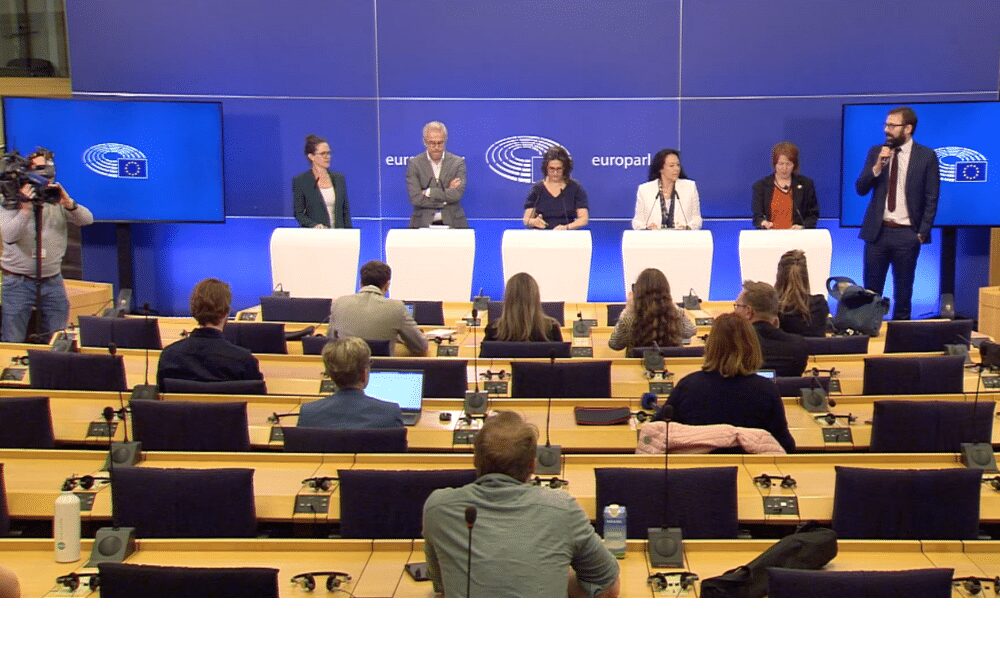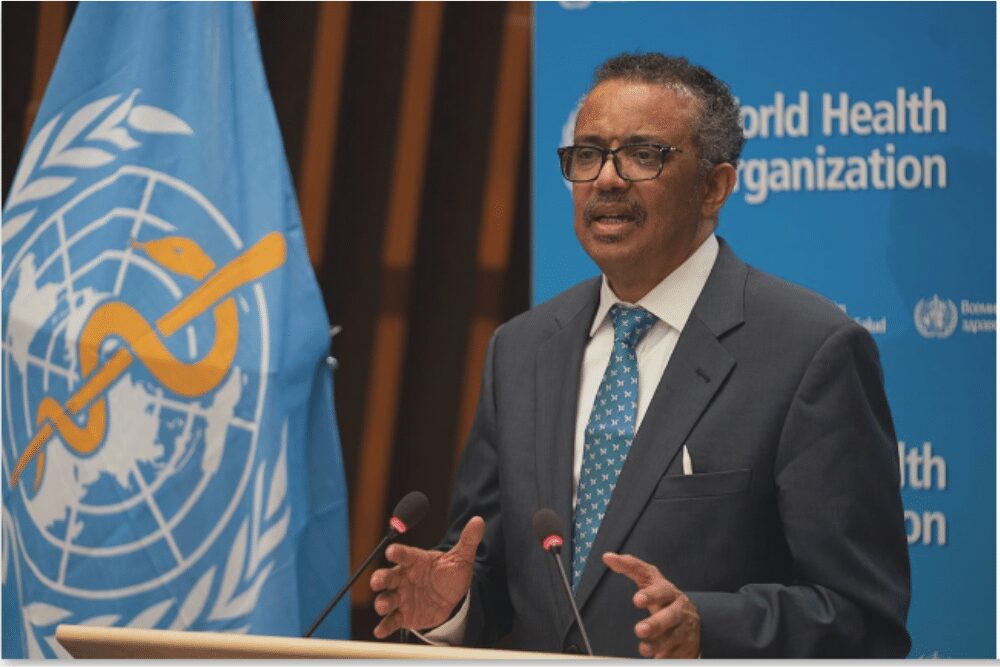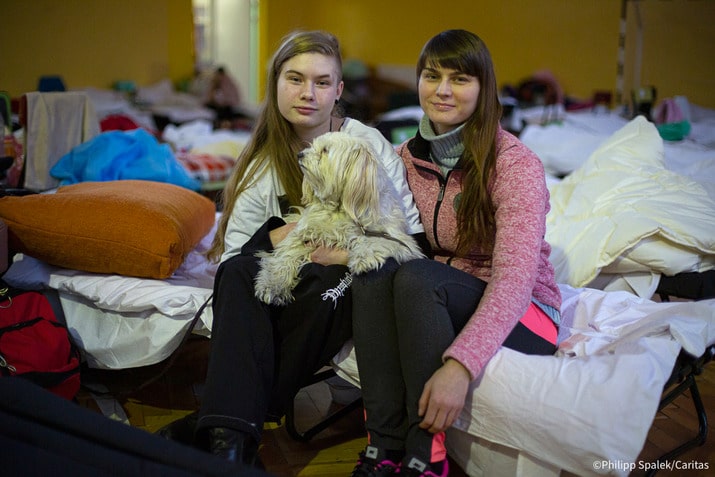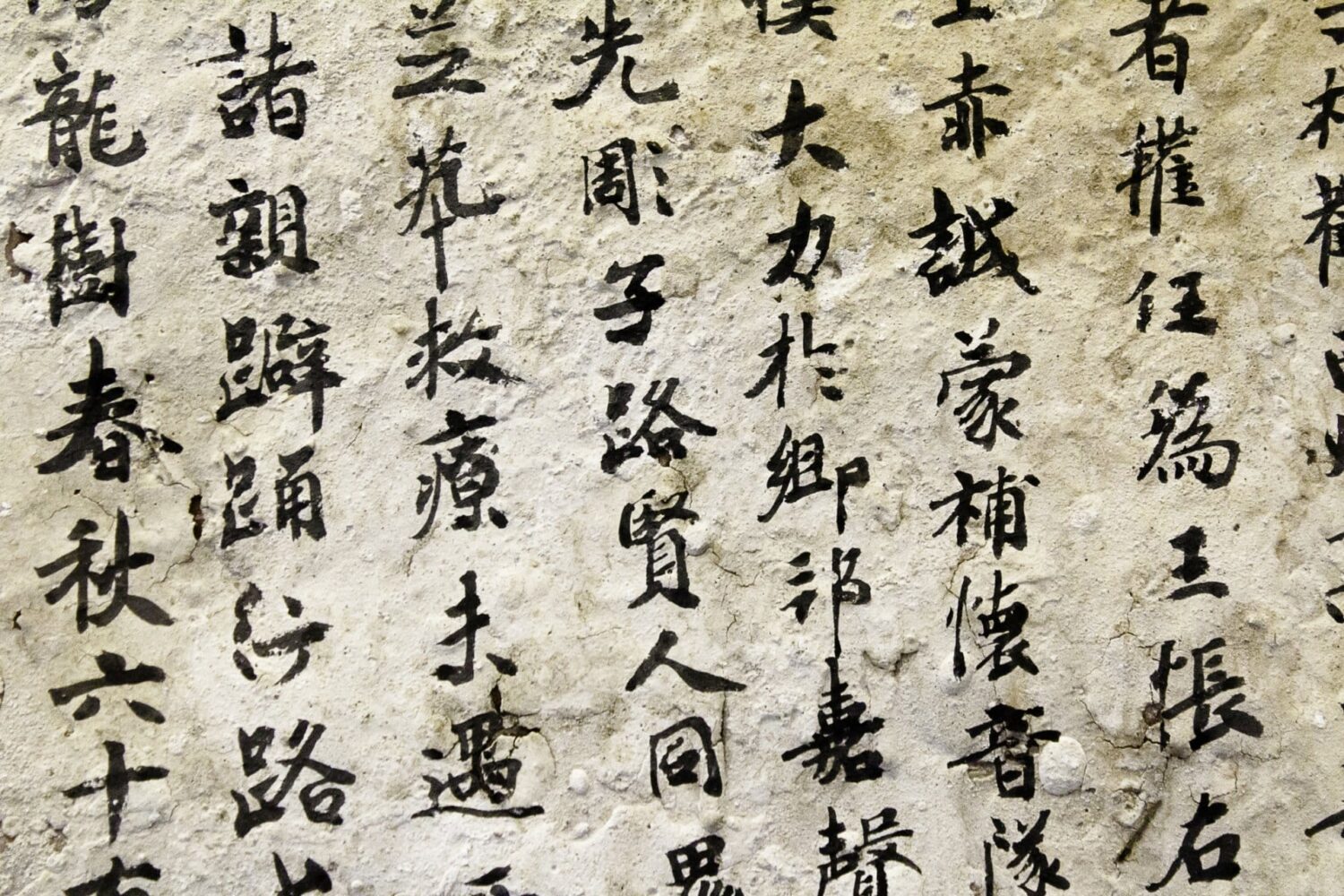15 million people in Syria are in need of humanitarian assistance – MEP György Hölvényi together with AVSI Foundation held a conference, titled “What kind of help are Syrians asking for?” on Tuesday at the European Parliament.
During the event ahead of the Brussels VII Donor Conference Supporting the future of country and the region, the Christian Democrat politician said:
“if we fail to remove the barriers to providing assistance, we will face another wave of migration”.
2 million children have never went to school
At the conference organized by MEP György Hölvényi and attended by local experts from Syria and EU politicians, the MEP stated that 15 million people in Syria are in need of humanitarian assistance, simply to ensure their day-to-day existence. 12 million are starving, 16 million have no access to clean drinking water and 2 million children have never went to school.
All this in a country of 22 million, the MEP pointed out to the dramatic situation in the country, as he has visited the disaster-stricken areas of Aleppo and Lattakia just before Easter.
In this situation, the Syrian people have lost all hope. They must now be given a chance to stay in their homeland. The work of the local Churches, which are already playing a major role in providing healthcare and education, is indispensable, said the Christian Democrat MEP.
Civil society from Syria shared their experiences
At the conference, Mario Zenari, the Apostolic Nuncio to Syria, Fadi Salim Azar Franciscan priest and the Director of the hospital in Lattakia, and Roy Moussalli, the Executive Director of the St. Ephrem Patriarchal Development Committee have also shared their experiences.
Based on their testimonies and his own personal experience, MEP György Hölvényi emphasised that it is clear that the sanctions against the country’s regime are making humanitarian assistance and reconstruction much more difficult. Therefore, with the participation of ministers, EU representatives and like-minded partners, the Donor Conference is opening the door to explore the possibilities to address the crisis in the region and reconsider the sanctions without giving up the political objectives. This is what local humanitarian organisations are unanimously asking from us, the EPP Group politician concluded.



